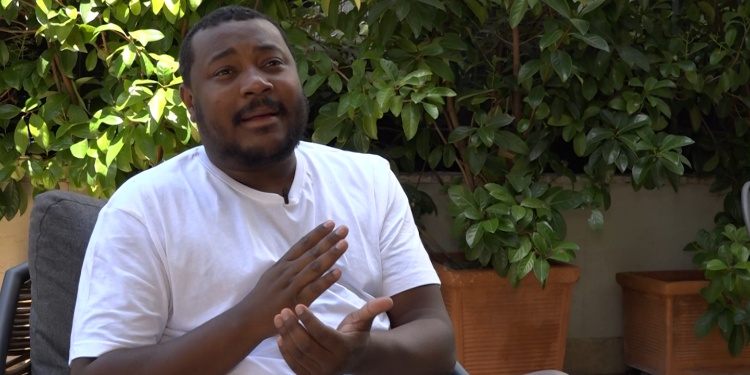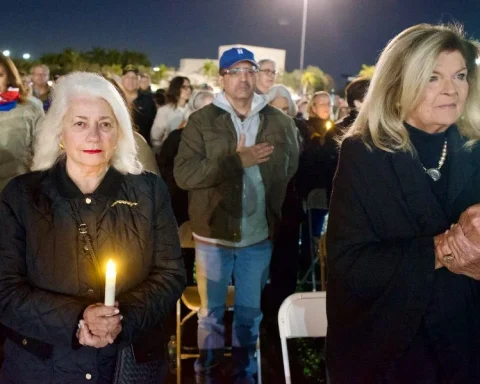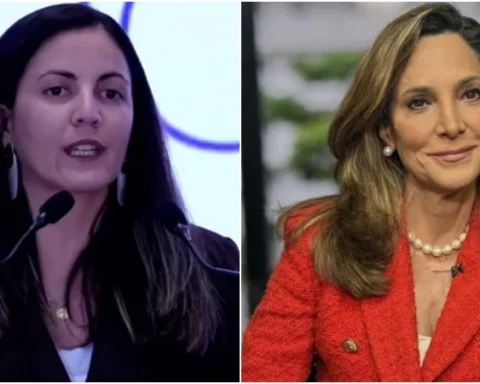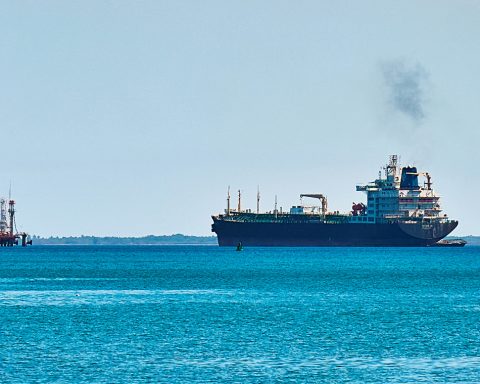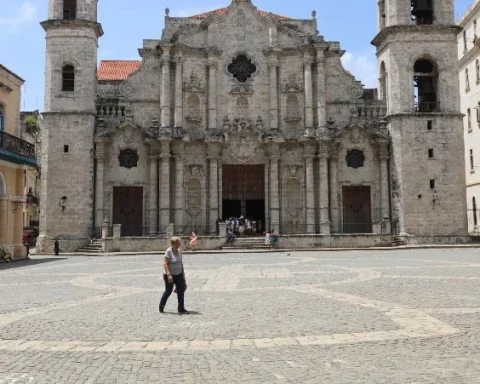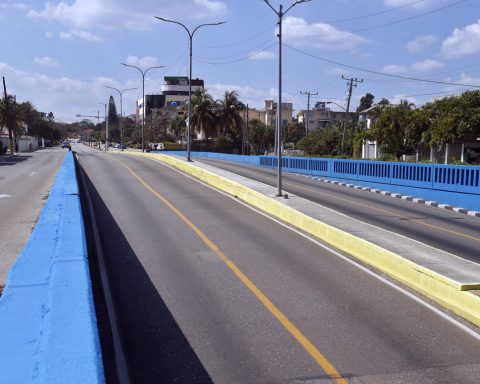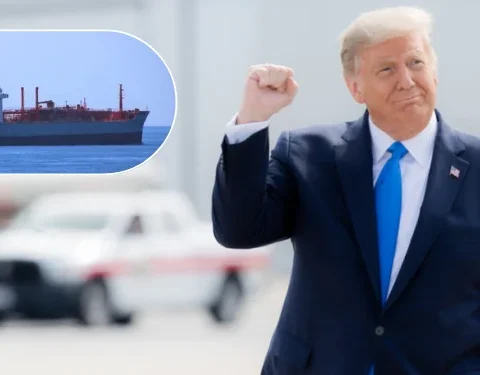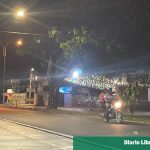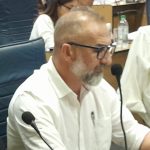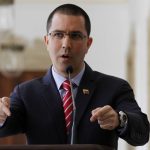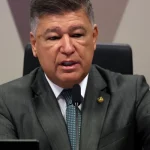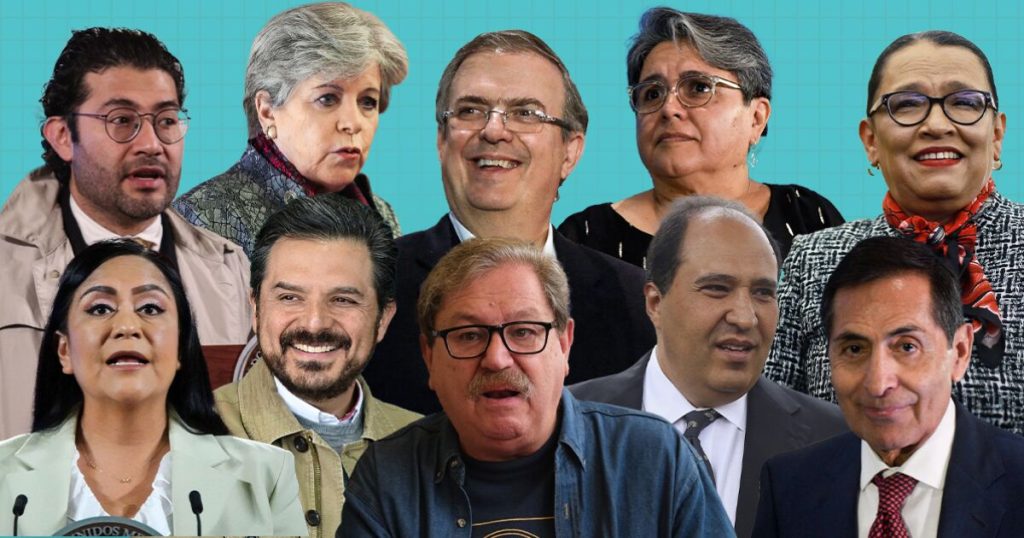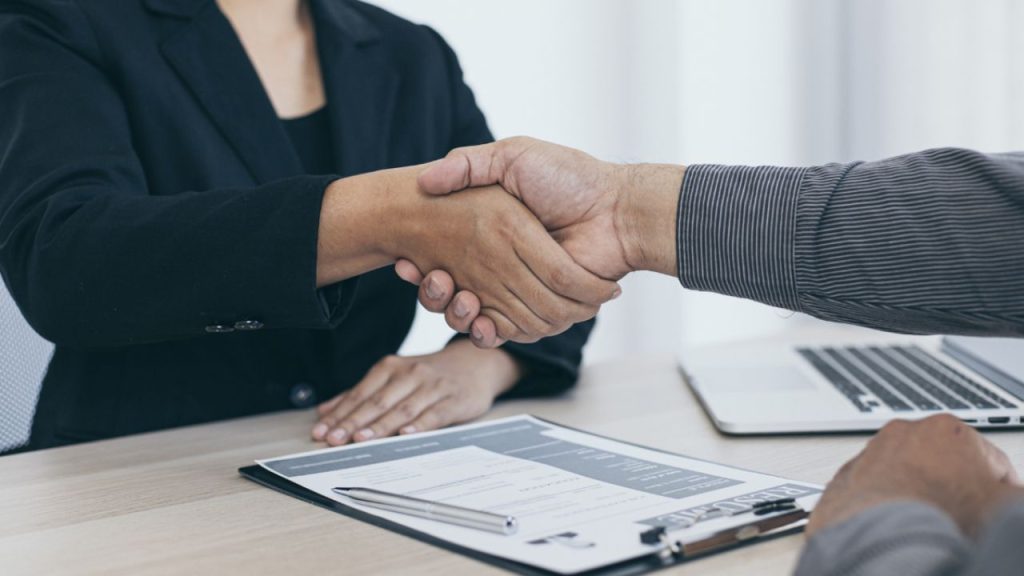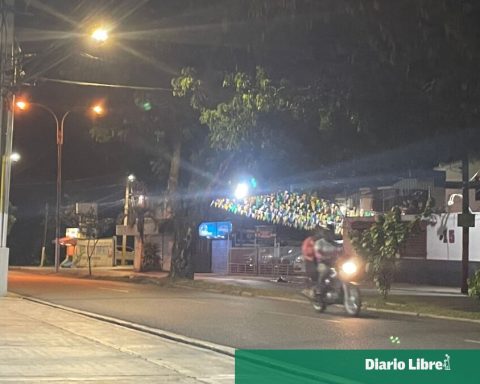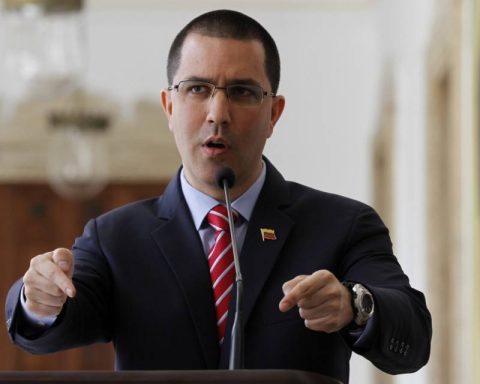On July 28, Venezuelans are called to vote in presidential elections that will be neither fair nor transparent. But to understand the context in which Venezuelans will go to the polls, it is important to know that the last ten years have been described as the “dark decade of the 20th century.” Nicolas Maduro“by the NGO Provea (Venezuelan Program for Education and Action on Human Rights), a non-profit organization that has been defending human rights in Venezuela for 35 years.
According to Proveabetween 2013 and 2023, “43,003 people have been victims of violations of personal integrity, including more than 1,652 victims of torture and 7,309 victims of cruel, inhuman and degrading treatment or punishment.” In addition, 10,085 souls have been executed at the hands of agents of the police and military bodies controlled by the regime.
A real horror scenario that was described in detail at the event “Confronto sui diritti umani in Venezuela” (“Debate on human rights in Venezuela”), organized by the Forza Italia party on July 23 at the Chamber of Deputies of the Italian Parliament. Among the various invited personalities, there were Vice-Chancellor Maria Tripoli and Deputy Annarita Patriarca, Secretary of the Office of the President of the Chamber of Deputies, and the shocking testimonies of Olga Gonzalez, Victor Navarro and Jesus Aleman were heard.
In the framework of this important event and just a few hours before the elections in Venezuela, Cubanet spoke exclusively with Victor Navarroa 28-year-old young man born in San Agustín del Sur, one of the most vulnerable areas of Caracas. With a history marked by violence, loss and injustice, Victor is a living testimony of resistance and overcoming. His life changed radically when he was arbitrarily detained by officials of the Sebin (Venezuelan National Bolivarian Intelligence Service), to then be tortured for five months in El Helicoide, the largest torture center in Latin America. Today, he is a journalist and is the director of the project Helicoid Realitya virtual reality experience designed to educate, denounce and make visible the crimes against humanity committed by the intelligence services of the Nicolás Maduro regime.
Tell me about yourself, who is Víctor Navarro?
I grew up in a context of great violence; when I was 15, my father was murdered, which forced me to grow up quickly, working and studying at the same time. Until I discovered a foundation called Community Ambassadors, which helped me change my perspective and trained me in leadership and peaceful conflict resolution through the United Nations Model. I was in the Dominican Republic, New York and Washington representing my country, so it was like a very transversal change from San Agustín to the United Nations; until I won a scholarship to study journalism at a private university, at the Monteavila University. But Victor is also a vulnerable person and I discovered my vulnerabilities when I was arbitrarily detained in the largest torture center in Latin America, the Helicoide, where I was tortured physically and psychologically.
When were you arrested and why?
I was arrested on January 24, 2018. I was writing my thesis to graduate from university. They broke down the door of my house and almost 35 hooded guys with long weapons, all dressed in black, came in. They kidnapped me and took me to the Helicoide, accusing me of being part of a terrorist cell financed by the United States, to end the government of Nicolás Maduro. The truth is that I had an NGO in which I worked with homeless youth, with youth who after the protests had ended up on the streets, and what we did was a social reintegration project, through education and work.
What did you experience in El Helicoide?
I experienced torture in El Helicoide. I was in a very small cell with 16 people. Four of them were minors, which had a huge impact on me. How do you torture minors, how do you beat minors, and how do you damage someone’s childhood? I was 21-22 years old and it already shocked me. Imagine seeing a 16-year-old child there. They tortured me physically, they beat me a lot, they hit me on the body, on the face. The worst torture is seeing the torture of others. And seeing how they suffocated someone, forcing them to say my name. Seeing how they beat people and you couldn’t help them. It was torturous, it was torturous to hear how women were raped. Imagine a woman being raped by two or three officers calling for help. Or someone coming from your cell and telling you that they put electric shock in his testicles and then they threaten you and tell you that you’re going to be next. So El Helicoide is a place that generates fear, that generates terror. It is a dark place.
In those five months, did you fear for your life?
Yes, of course, I feared for my life many times. I feared for my life because they put a gun in my mouth, loaded and unlocked. I saw men pass by disfigured from the beatings they received. And, in addition, you fear for your life because the level of psychological torture is such that you don’t want to continue living, because you think that death is a healing element for everything you are experiencing in that place; because you are also 100% aware that it is unfair.
How was that negative experience transformed into something constructive?
I left for a political negotiation and they forbade me from leaving the country, they forbade me from making statements in the media, they forbade me from having social networks, from participating in demonstrations and I had to appear twice in criminal courts. Basically, I remained in prison. I spent a few months in Venezuela and then I decided to escape and went to Argentina in 2019 as a refugee. But the pandemic exacerbated my post-traumatic stress, and I began to write what I experienced to drain my feelings. I had graduated as a journalist, but in Argentina I had jobs that did not correspond to my profession and that was frustrating me until I met an expert in augmented reality. There I created a virtual reality experience, where through a viewer you can see how a political prisoner lives in Venezuela. It was created with the testimony of 30 people who were unjustly detained there. Today we are a group that travels around the world showing how a political prisoner lives in Venezuela and demanding the release of all political prisoners and the closure of torture centers.
What do you expect from July 28th?
I hope that Edmundo González wins on July 28th, along with María Corina Machado, because I believe that in Venezuela torture, persecution, arbitrary detention, and murder will end when Maduro leaves power. Maduro is a candidate who murders and tortures, so I hope that this is the beginning of the end for Maduro.
With the violence you described to me, do you think it is possible to achieve a peaceful change on July 28??
I am afraid of the exacerbation of hope, if we see the 28th as the day of absolute freedom. I think that on the 29th we will all stop and say, what now? It will be one day at a time, until the day of departure arrives. Not only because of the gap between the day of the elections and the day the new government takes power (almost 6 months), but because it is a context of much violence, a context of people who have relations with drug trafficking, a power struggle both internally and externally that can be very important. So, I think that it should be a transitional, gradual process that we have to handle with great responsibility. Hope has been key, I often get emotional with everything I see, but I think that July 29 is the day where responsibility has to start to surpass hope for there to be a true transition.
Follow our channel WhatsApp. Receive the information from CubaNet on your cell phone through Telegram.
